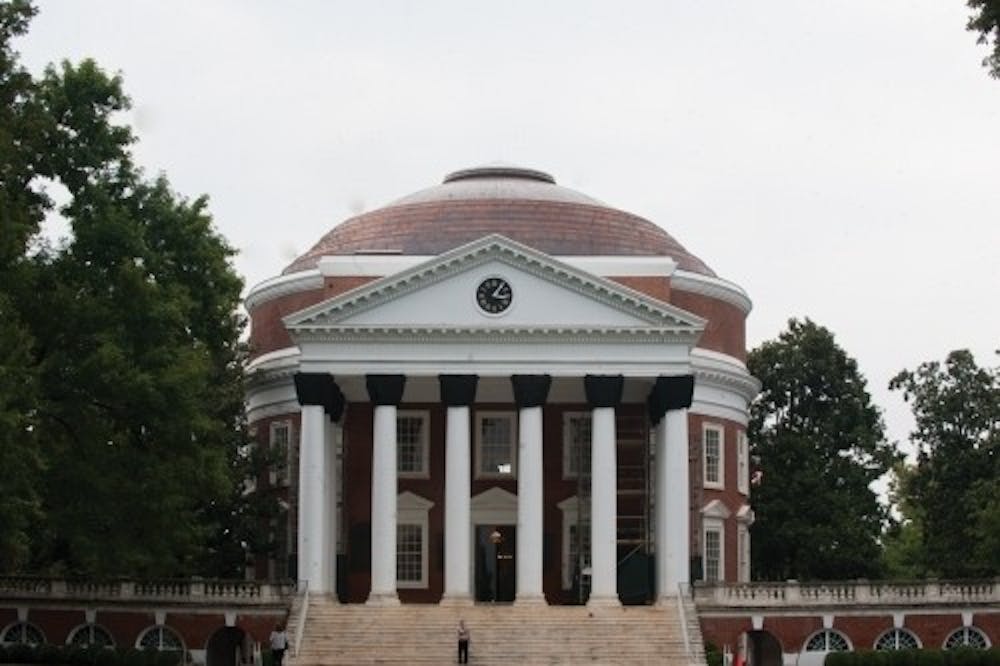American colleges and universities are using an increased number of visiting or adjunct professors to teach classes that would otherwise have been taught by tenured professors.
Information released by the University administration under the Freedom of Information Act shows that there were 290 non-tenure-track teaching faculty at the University for the 2014-15 academic year, compared to 162 in 2012-13. There were roughly 860 tenure-track professors for both academic years.
Adjunct professors are part-time professors who are attractive to colleges and universities because they can be hired for a single semester to expand course offerings or to meet student demand for a program for which the University does not have a large enough staff.
An adjunct professor is not tenured, meaning a university has the ability to remove an adjunct professor from their faculty by declining to renew his or her contract.
Lois Shepherd, chair of the University's Provost’s Task Force on Non-Tenure Track Faculty, said the University does not use the term “adjunct” and refers to faculty members as either “part-time” or “full-time” faculty.
“Some part-time and full-time faculty are tenured or are tenure-eligible,” Shepherd said in an email. “Some are not tenure-eligible. Traditionally, we have called those who are not tenure-eligible ‘general faculty.’”
Shepherd said there are several advantages in hiring part-time faculty.The University has flexibility to hire individuals who have expertise in a particular subject but already have full-time jobs elsewhere, and part-time faculty allow for the experimentation with new curricula.
The Provost’s Task Force on Non-Tenure Track Faculty convened Aug. 2013 and has been investigating what policies would best enable the University to recruit and retain dedicated faculty.
“At a town hall meeting last week, the task force discussed some of its proposed recommendations with the faculty,” Shepherd said. “The task force discussed a proposal for a form of job security within the general faculty ranks that would be attainable after promotion to the rank of associate professor.”
Spencer Phillips, a part-time professor in the Batten School and Economics department, commented on the University’s employment of part-time professors.
“I imagine that the primary motivation is cost savings, as larger and larger portions of students’ tuition dollars are diverted away from instruction and toward buildings, athletics, administrative overhead, etc.,” Phillips said in an email. “In economic terms, the University can control some of its variable costs by hiring adjuncts at a fraction of the cost of even starting tenure-track faculty.”
Phillips discussed his experience teaching intermediate microeconomics at the University to explain the advantages and disadvantages of using part-time instructors.
“For micro, the downside of my teaching it is that while at some level I do microeconomics every day, I am relatively new to teaching it — which is way harder,” Phillips said. “I don’t have years of experience to tell me how fast to go, what works and doesn’t work in the classroom [and] where to set expectations.”
Because experience is so integral to becoming an esteemed professor, prospective professors have limited incentive to invest their time into a profession with little job security, Phillips said.
“On the upside, the University is paying me only to teach,” Phillips said. “My students are not competing for my time and attention with expectations about landing grants, producing academic research, supervising [graduate] students’ research ... and attending to departmental administration.”
Phillips said whether the increased use of adjunct professors is a good or bad trend depends on the particular course, the particular professor and the alternatives available.
This article previously incorrectly stated that there were 151 non-tenure track professors in 2012-2013 and 270 non-tenure track professors in 2014-2015.







